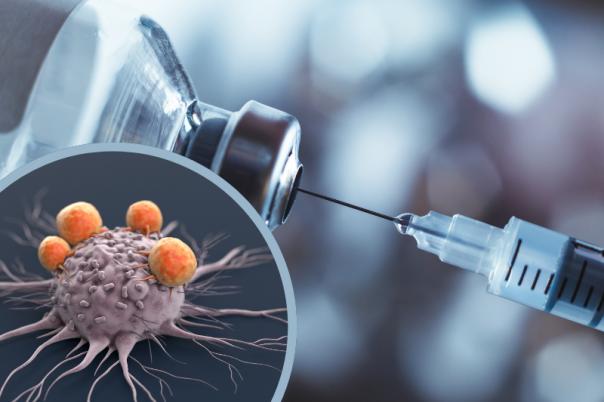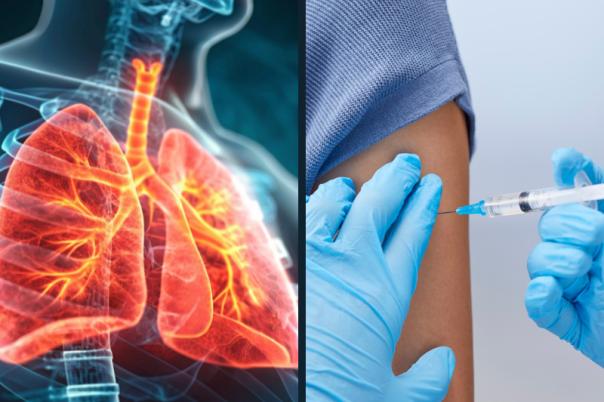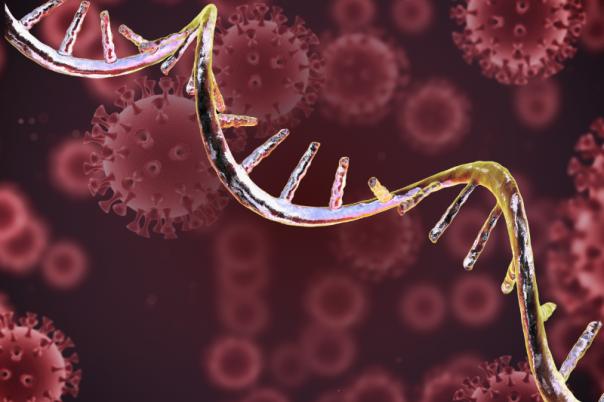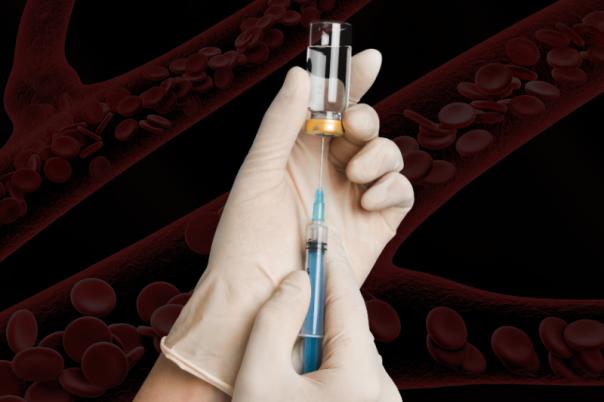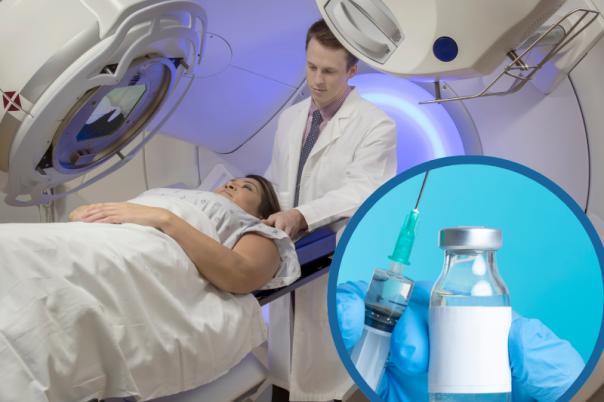Prasun Chakraborty, Founder and Chief Executive Officer of Genevation, discussed a platform for developing cancer vaccines. More specifically, he outlined a preclinical trial in which cancer vaccines were created in just two weeks.
Tumour biopsies and control samples were collected. Then a unique approach was used to isolate and purify mRNA for sequencing. However, the full details of the sequencing cannot be disclosed because they are under IP. For the neo-antigen identification and ranking stage, Chakraborty relied on his own method for identifying neo-antigens.
AI is used to speed up the selection of the best neo-antigen candidates, reducing the time from hours to minutes. Chakraborty explained that he wanted to develop cell-free vaccines to reduce the time and ensure a clean regulatory method.
Chakraborty briefly outlined the steps which included sequencing the biopsies and tumour samples to generate FASTQ files. Then, NVIDIA Parabricks processes mRNA sequencing data. Hard filtering is used to remove low-quality and unreliable variants.
Chakraborty presented data on neo-antigen validation. He conducted an initial screening and discovered a promising codon optimised gene. An EGFP was fused onto the selected gene and the expression levels of the optimised gene were high. Chakraborty explained that adding the EGFP led to at least a 1.5X higher expression level.
Plasmids were used in the initial screening but then the team switched back to synthetic DNA to save time. The main challenge lies with sequence design, so to overcome this the sequence was designed in 4 – 5 different ways so if one sequence failed there were backups. The cancer vaccine showed significant efficacy in reducing tumours in melanoma mice models, with a 60% reduction in tumours after two 18-microgram doses. Chakraborty stressed that no more than two doses can be used since the delivery method does not rely on LNPs.


